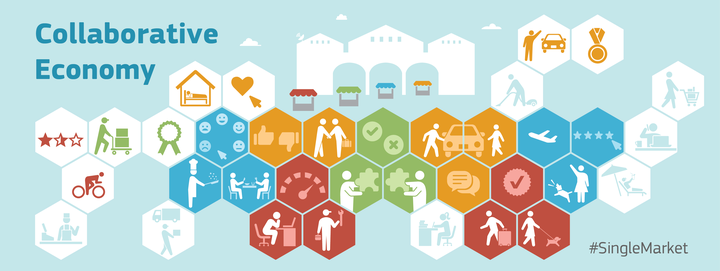Information about changes in platform economy taxation
 © European Commission
© European Commission
Information about changes in platform economy taxation diminishes optimism regarding future use
With Catherine Molho.
Abstract: Some economic interactions are based on trust, others on monetary incentives or monitoring. In the tax compliance context, the monitoring approach creates compliance based on audits and fines (enforced compliance), in contrast to the trust-based (voluntary compliance) approach, which is based on taxpayers’ willingness to comply. In both approaches, taxpayers’ trust in authorities is relevant. Here, we examine changes in taxation regarding platform economy revenues. Currently, in some European countries this taxation is entirely trust-based, and trade on those platforms prospers. New EU legislation, introduced in 2023, will mandate data sharing between platforms and tax authorities across Europe. As a result, the taxation of platform economy revenues will shift from voluntary compliance into enforced compliance. How would this shift affect the intended use of platforms? We use a survey among platform workers (N = 626) in the Netherlands to examine views of the proposed regulation change, corrected for the proportion of platform income and several measures of trust. We experimentally manipulate information by either informing participants about the upcoming change or not. Results show that informing respondents about the change negatively affects expected supply of labor, mainly among women and part-time workers. The policy implications of these results are discussed.
[R&R]
See also the Behavioral Ethics project website.